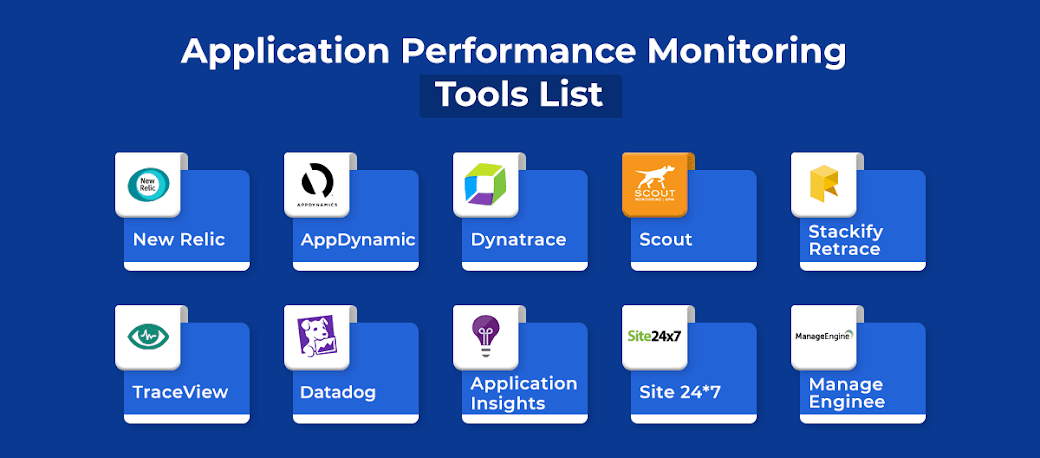What is Parameterization
- Replacing hard coded values in the script is called Parameterization.
- Parameterization helps in :
- Reducing script size
- Avoiding cache effect
Type of Parameters
#1. Date/Time – Whenever we
have to replace a date value with a parameter, Date/Time parameter is used. Any
post with past date is not valid. To keep it updated, Date/Time parameter
provides flexibility to get the current or future date. If past date is needed,
it handles that too.
#2. Group Name -We can
generate a parameter on the basis of group that we select on controller for the
script while execution. This parameter will only work while running the script
on controller.
#3. Iteration Number – This
replaces the parameter with current iteration number. This is generally used to
build some logic. For example- when we want some code in script to be executed
alternatively. For this, we will use the iteration number to check whether it
is even or odd number and for one of the condition we will execute the
function.
#4. Load Generator Name – We
can also generate parameter while executing the script on controller on the
basis of load generator name on which that script is running. This parameter
only works while running the script on controller.
#5. Vuser ID – When we run
the script on controller, it assigns a unique id to each virtual user that
emulate during the execution. This parameter type is used -
- To print the Vuser ID in an external file for script-debugging
purpose.
- To segregate transaction volume based on Vuser ID
#6. File – Some time we want
to pass the specific value in the script. In such cases, we use file and enter
the values that want to use during execution. LR provides options to run the
script with provided list sequentially or randomly on next iteration.
In few cases we want to use a set of
values passed to the script. In such cases, we can use same file for the other
parameter value as well.
#7. Random Number – As per
need, Vugen also generates random value from the provided range.
#9. Unique value – In few
situations, script is not allowed to pass any duplicate value. In such cases,
unique parameter is used to avoid failures due to duplicate value,.
#10. User Defined function –
Such parameter calls a function whose return value replaces the parameter name.
#11. XML – XML Parameter Types are used
for multiple valued data contained in an XML structure. XML parameters
are widely used with Web Service scripts and with SOA services.
No comments:
Post a Comment